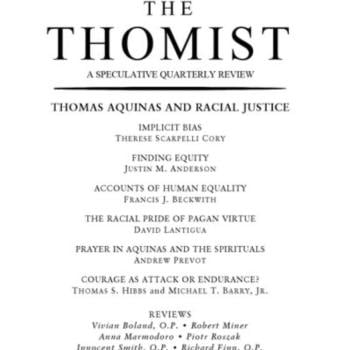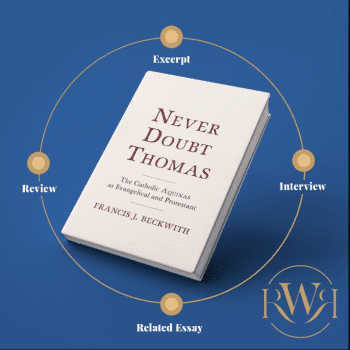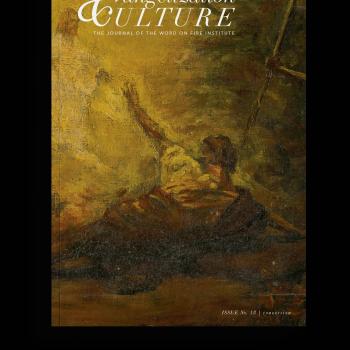With all this talk of certain Republican Christians and their alleged connection to Dominionism–a view inaccurately ascribed to several Christian writers in articles published in the New York Times and the New Yorker —there’s one Christian that our East-of-the-Hudson betters seemed to miss. Here are his shocking comments, where he explains how America’s laws should reflect God’s eternal law:
—there’s one Christian that our East-of-the-Hudson betters seemed to miss. Here are his shocking comments, where he explains how America’s laws should reflect God’s eternal law:
Just as the prophets of the eighth century B.C. left their villages and carried their “thus saith the Lord” far beyond the boundaries of their home towns, and just as the Apostle Paul left his village of Tarsus and carried the gospel of Jesus Christ to the far corners of the Greco Roman world, so am I compelled to carry the gospel of freedom beyond my own home town. Like Paul, I must constantly respond to the Macedonian call for aid….
One may well ask: “How can you advocate breaking some laws and obeying others?” The answer lies in the fact that there are two types of laws: just and unjust. I would be the first to advocate obeying just laws. One has not only a legal but a moral responsibility to obey just laws. Conversely, one has a moral responsibility to disobey unjust laws. I would agree with St. Augustine that “an unjust law is no law at all.”
Now, what is the difference between the two? How does one determine whether a law is just or unjust? A just law is a man made code that squares with the moral law or the law of God. An unjust law is a code that is out of harmony with the moral law. To put it in the terms of St. Thomas Aquinas: An unjust law is a human law that is not rooted in eternal law and natural law. Any law that uplifts human personality is just. Any law that degrades human personality is unjust.
You can read his entire essay here.












